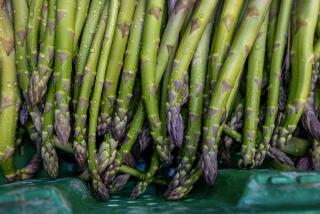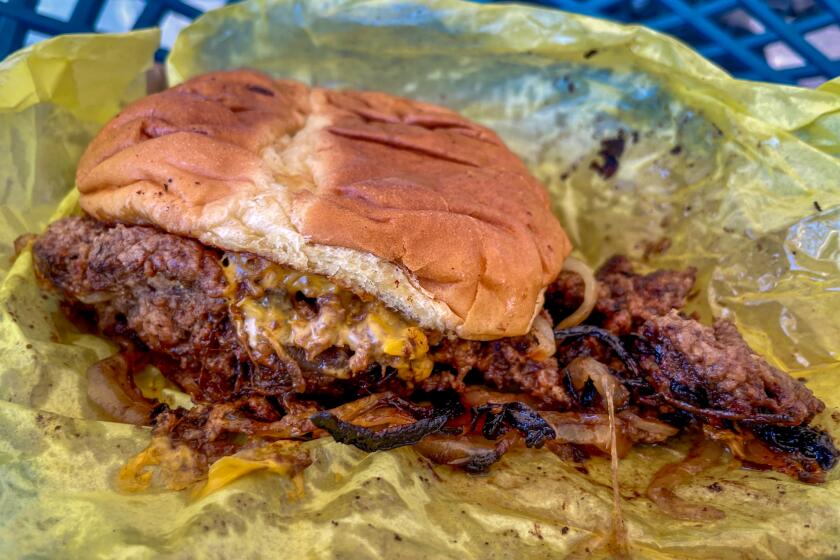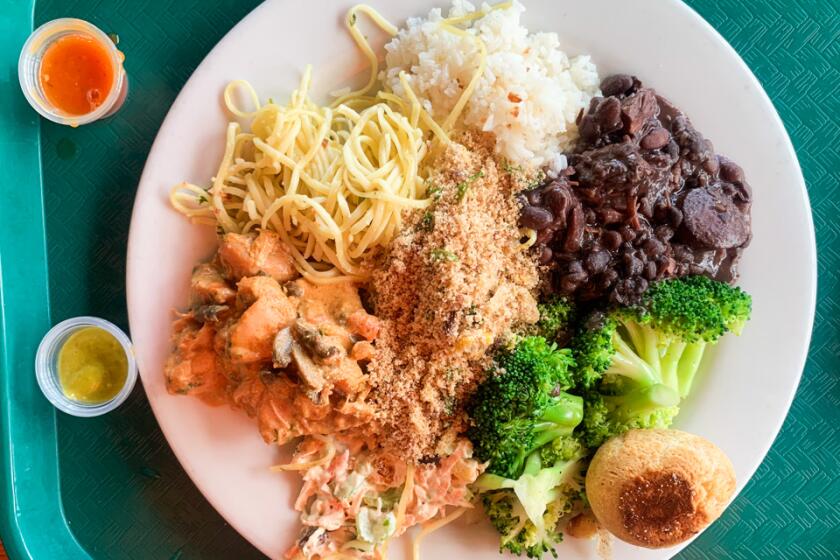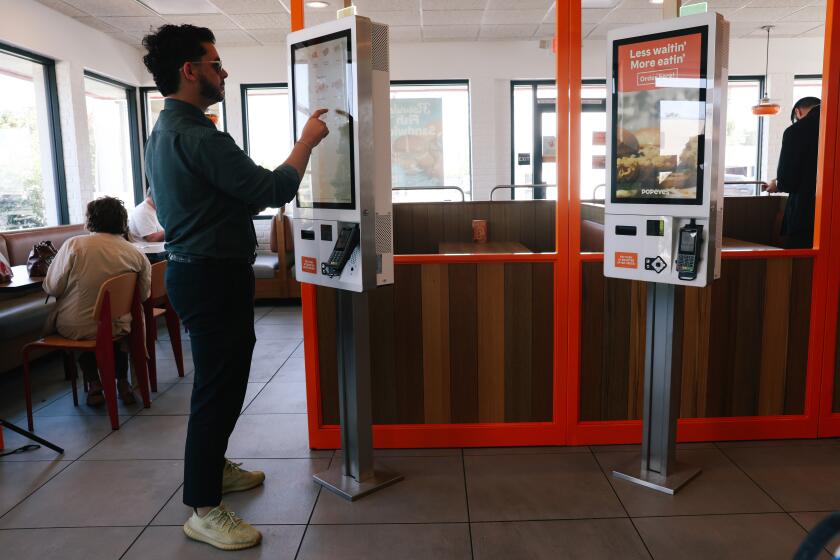Thirsting for a Good Drink? Try Tapping a Source of Bottled Water
The cracked cup that held his daily ration of water during World War II accompanied novelist Somerset Maugham on his travels. He kept the cup as a reminder that the best things in life are the simplest--and the least appreciated.
Today, water is no longer simple or unappreciated. As regulations tighten, more people are learning to pay closer attention to drinking water. That attention starts with checking the safety of water supplies.
For water that proves to be less than perfect, Better Homes and Gardens magazine reports the alternatives are bottled water or a home water treatment system. The choice depends on the types and levels of unwelcome elements, taste and budget.
Bottled drinking water may offer a quality advantage over tap water. Suppliers who are members of the International Bottled Water Assn. voluntarily follow stricter standards than those set for public water systems and must also undergo unannounced plant inspections. In addition, each state either assigns one of its health agencies or allows Food and Drug Administration officials to monitor bottlers.
Another difference in bottled water may be the taste. Even the safest municipal and private water supplies can contain substances, such as chlorine, that disinfect the water but can affect flavor. Many bottled water suppliers disinfect water with an environmentally safe form of ozone, because it leaves no aftertaste or odor.
Bottled water may also contain minerals, such as calcium and magnesium, that keep it from tasting flat. Others come with no sodium. Several brands contain fluoride, which children may need for dental health.
Bottlers may indicate on the label when minerals are added, although they are not required to do so by law. Even with the addition of certain minerals, the flavor distinctions between brands of bottled water are so subtle one may not be able to detect any difference.
Tapping into bottled water is as easy as visiting the supermarket, where the water can be purchased in several sizes. Or, there are suppliers who will deliver water right to a person’s door. In either case, make sure the bottler is a member of the IBWA (about 90% of all U.S. bottlers). This organization is a trade association and has no federal enforcement powers, but it does require its members to test for more than 200 possible contaminants (public supplies test for fewer than 100). If there isn’t an indication of membership, ask the bottler.
More to Read
Eat your way across L.A.
Get our weekly Tasting Notes newsletter for reviews, news and more.
You may occasionally receive promotional content from the Los Angeles Times.






